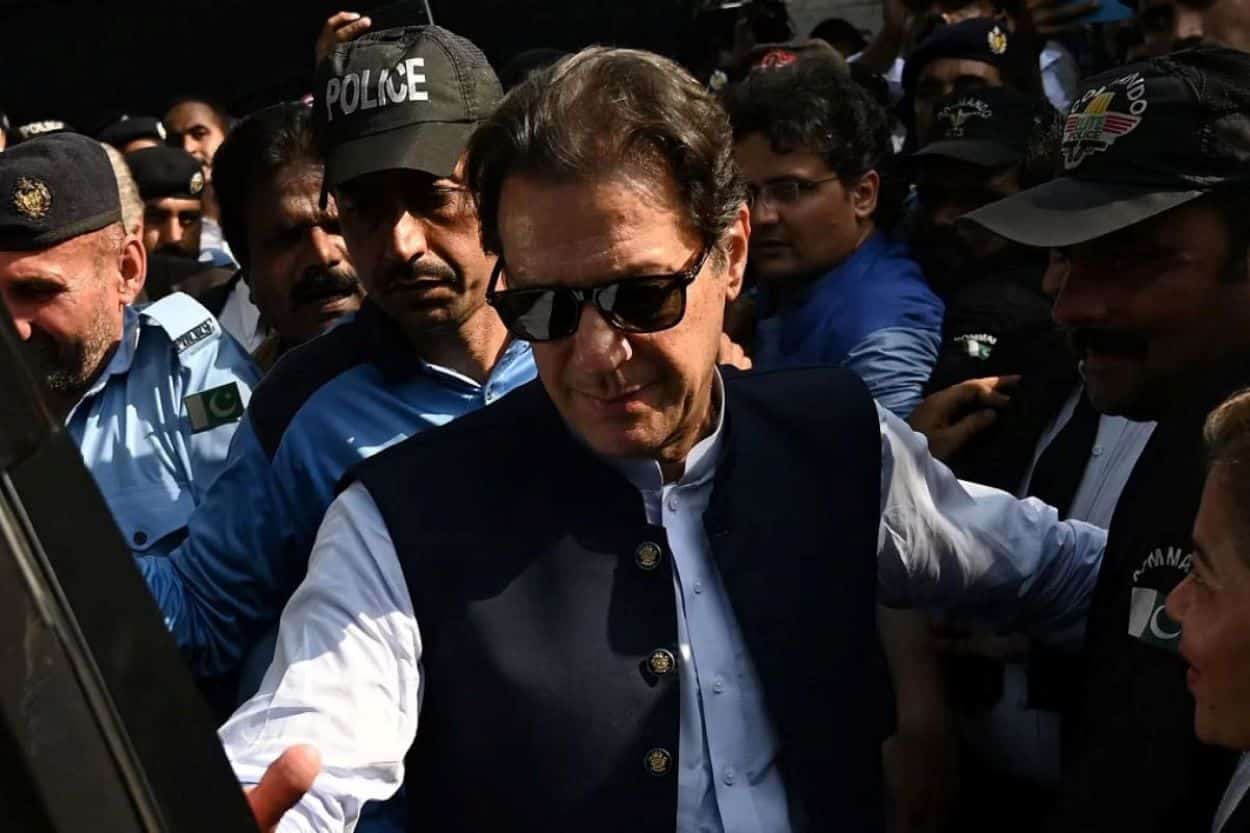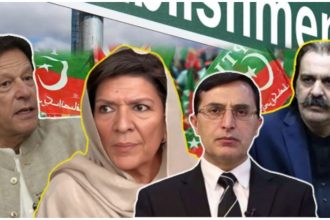The Islamabad High Court (IHC) reserved its verdict on May 14, 2025, regarding objections raised by the registrar’s office to a petition seeking parole for Pakistan Tehreek-e-Insaf (PTI) founder Imran Khan in the £190 million reference case.
As reported by Dawn, Acting Chief Justice Sardar Sarfraz Dogar, hearing the case, indicated an appropriate order would follow, amid arguments from PTI’s counsel Sardar Latif Khosa and the presence of Khyber Pakhtunkhwa Chief Minister Ali Amin Gandapur, highlighting the case’s political significance.
Justice Dogar questioned whether the petition, challenged by the Assistant Registrar as non-maintainable, should be referred to a division bench. Khosa argued, “It is for this court to decide whether the petition is admissible,” emphasising the need to dispel perceptions of denied justice. He noted a prior application pending with the provincial government, clarifying parole as distinct from probation and affirming the court’s role if the government fails to act.
The £190 million reference, part of corruption charges against Khan since his 2023 arrest, alleges financial misconduct during his tenure as prime minister.
The parole plea follows his sons’ public appeal for international pressure, citing inhumane prison conditions. The IHC’s scrutiny of the registrar’s objections, raised over the petition’s legal standing, reflects ongoing judicial tensions, debating whether the court’s ruling could signal broader implications for Khan’s legal battles.
Pakistan’s Judicial and Political Dynamics
Justice Dogar noted parole as an executive matter, questioning its place in court. Khosa responded that the government’s inaction necessitated judicial intervention. Gandapur’s courtroom presence underscored PTI’s unified push for Khan’s release amid Pakistan’s post-ceasefire stabilisation following the May 10 India-Pakistan conflict.
Khan’s supporters on social media are rallying behind #FreeImranKhan, and opponents are arguing that the case distracts from governance and requires cautious interpretation until the verdict is announced.
Read: Imran Khan’s Sons Break Silence, Urge Global Pressure for His Release
The IHC’s decision could influence perceptions of judicial independence in Pakistan, especially given Khan’s high-profile status and the Sharif family’s concurrent UK financial troubles, per The News International. The parole plea’s outcome may impact PTI’s political strategy, and speculating on potential protests if denied. The case underscores the intersection of law and politics, demanding transparency to maintain public trust in the judiciary.






